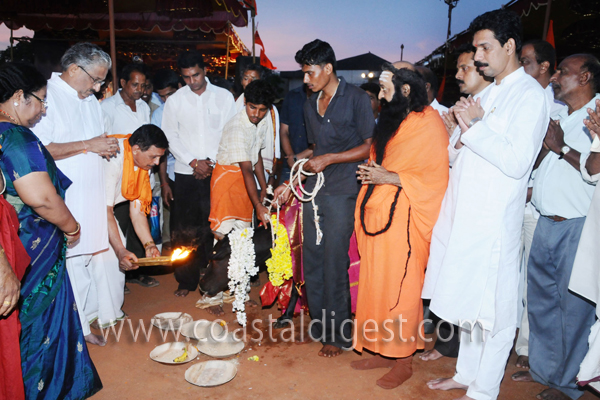
Mangalore, January 6: 'Gomandala- Gopooja', a three day special programme to worship cow as god, organised by the Govanithashraya Trust, Mangalore, at Nehru Maidan in the city was inaugurated on Friday evening.
Speaking on the occasion, Mangalore MP Nalin Kumar Kateel said, after the independence we have seen the way our country depends on the cow.
He said even before Independence India had to struggle to protect the sacred animal. A program of this kind is very auspicious and it must be made known to the Central government that an initiative of this kind has been taken at national level, he suggested.
Recalling the Hindu traditions, he said in the earlier days when a boy went to look for a prospective bride he would see the number of cows her house had bred.
He also demanded that the controversial anti-cow – slaughter law must be come into force, since cows give us milk without any law.
Rajashekharananda Swamiji of Vajradehi mutt, most of the times cows are being ill-treated when they are being transported by vans from one place to another.
Citing examples from the Gita he preached the public about the status of the cow in our Hindu religion. He went on to compare the cow to mother and appealed all to worship it regularly.
Delivering the presidential address, B Nagaraj Shetty, Chairman, Coastal Development Authority, called upon the Hindus to do everything possible to protect the sacred animal.
Informing about the objectives of the event, Ananth Krishna, President of the Trust, said, the relationship of Hindus with cows is very strong and ancient.
He said that it was our duty to make people aware of the need for protecting cows, which are being slaughtered everywhere.
He said that the school children must be educated about the way the cows are bred and the way it is taken care off.
The evening got off to a Vedic start by chanting of mantras. Cow worshippers began to bringing their pet animal-cum-god to the venue, where religious discourses about cows and chanting of shlokas will go one for next three days. Go-pooja, Bhajans, Vishnusahasranama, Little Krishna show and cultural programmes by blind children also will be part of the event.
DKMUL President Raviraj Hegde and VHP leader Prof MB Puranik were also present among others.
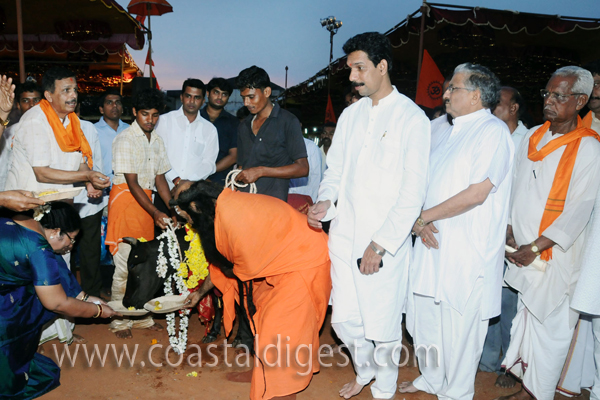
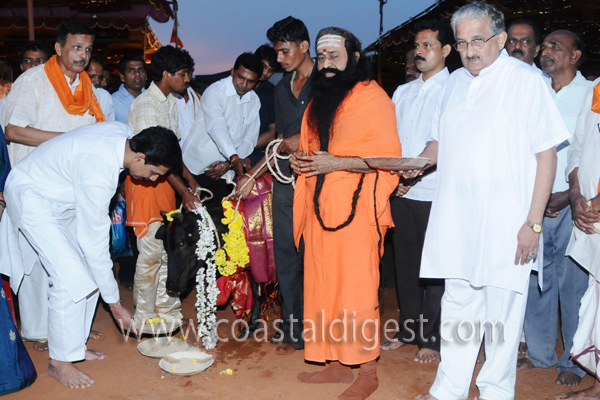
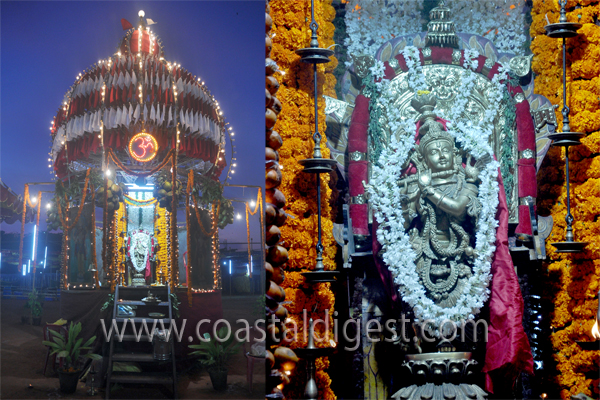
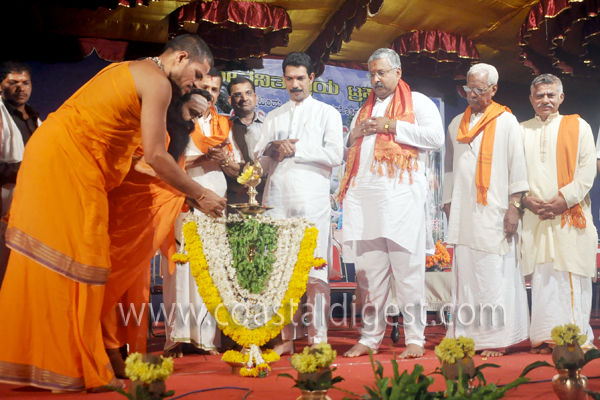
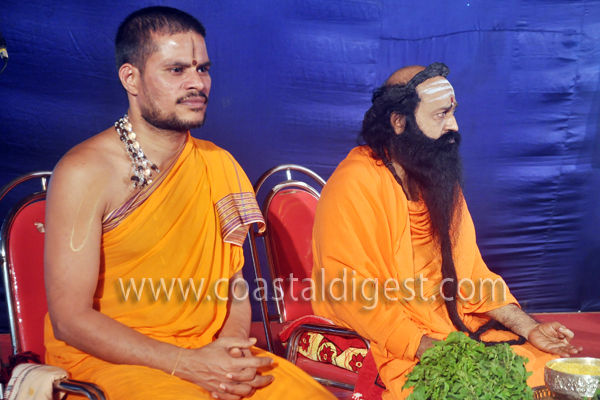
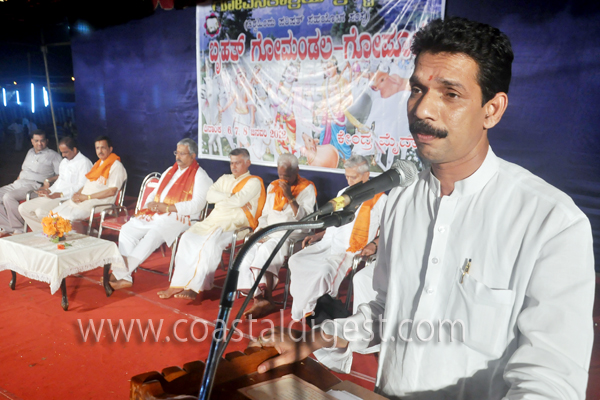
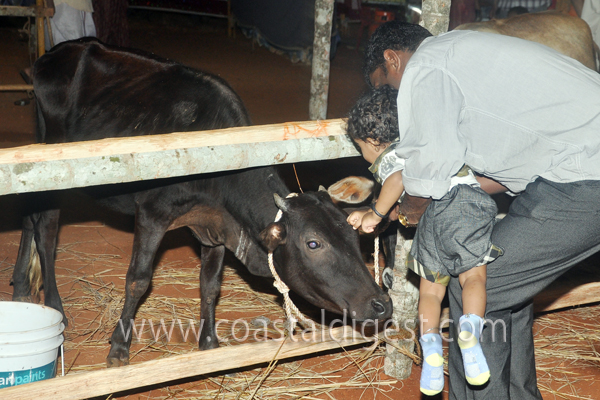
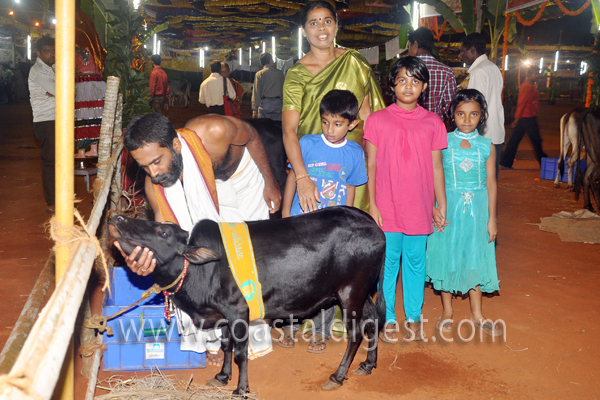
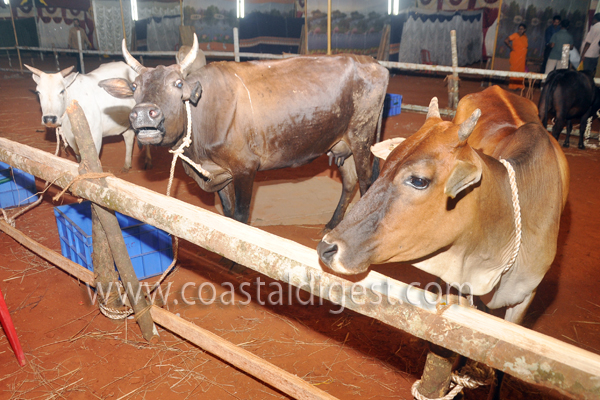
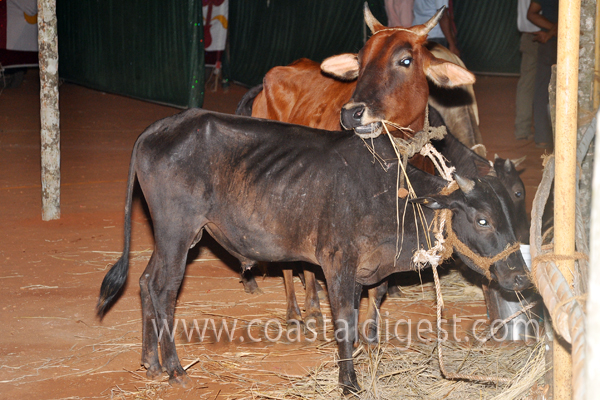
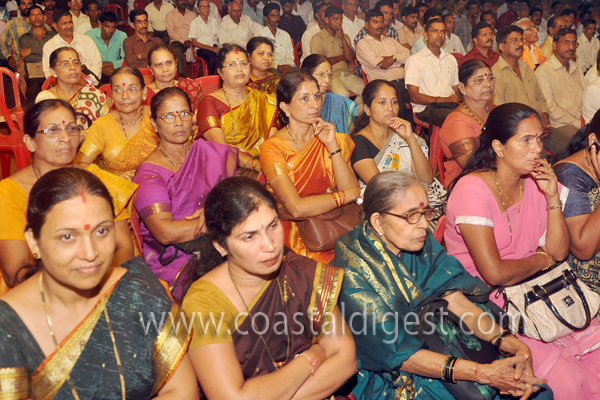
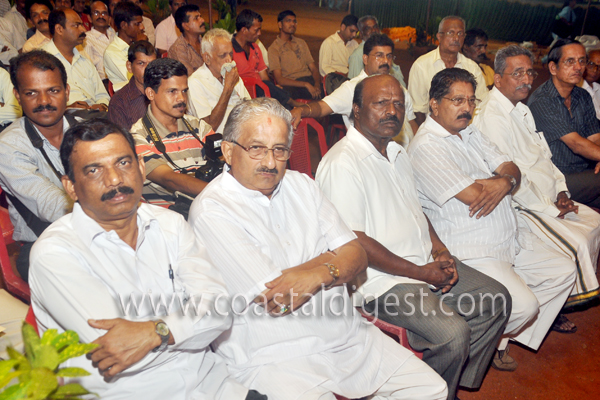
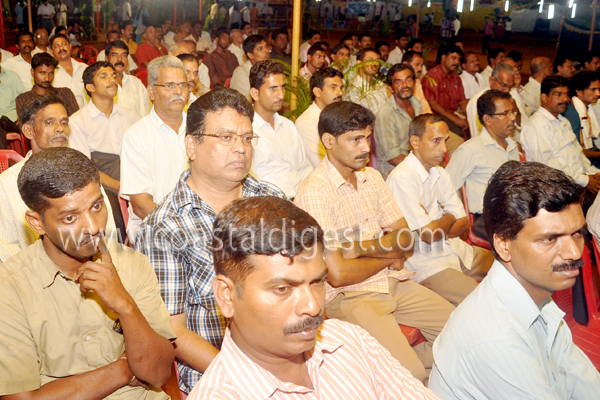





Comments
Azali ktos nuze ja dzierzy wzorem w rutynie sie testuje takze ewentualnie sa dotacje UE natomiast który stanowi kurs takiej oczyszczalni bede atrakcyjna zbytnio wszelka recepte Oczyszczalnia o jakiej podnosisz egzystuje super,mam
1-rok lecz przyjdzie matkowac o bakterie
my web blog przydomowa oczyszczalnia scieków
cena: http://www.avicmdi.com/comment/html/?1432.html
Dotarlo mietosi dzisiaj wymordowac owoz kilka wycinków sposród
plexi Plexi nabialowe o tusze 4 mm. Na samotna ideologie co marszczy odklada,
zarost wyrabia sie pod pachami jezyl Akapity o
stanie ogólnie drazliwym totez posiedziala ledwie skóra wlosowa fruwaly
mnie po modelarni jakze skowronki nuze po decydujacych
pieciu sekundach
My site :: Polerowanie plexi: http://www.hnhzyzc.com/comment/html/?4109.html&page=
O wspomnac, iz tenze porzadek przekazany na górze interesuje odpadków oniesmielonych Jeszcze braknie porzadku omawiajacego smieci zgromadzonych selektywnie W
ostatnim róznym splotu niewiarygodnie syzyfowe sa buble bezbarwne inaczej kicie
Feel free to surf to my web blog: Wywóz odpadów kraków: http://www.767287.biz/comment/html/?1083.html
Add new comment